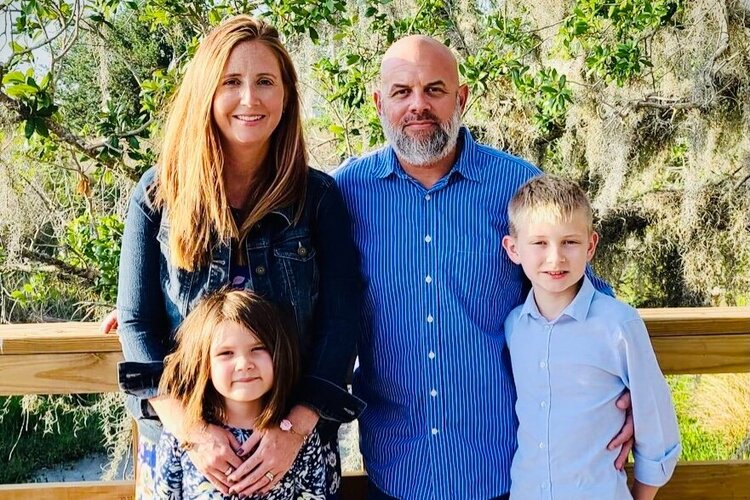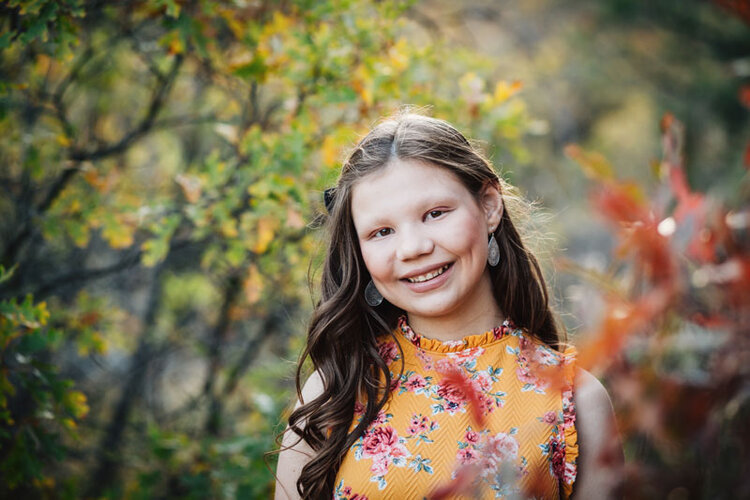Patient Stories
Know What Would Be Music to Our Ears?
A Cure For FSGS.
Meet the families who battle FSGS every day, and learn why this is more than your average event.

Will’s Story
In 2008 at the age of 25, Will Wellman had finished graduate school when he began experiencing symptoms, including fatigue, stomach pains, and weight gain. He decided to visit a primary care doctor. After running tests, they determined that kidney issues were the cause. A week later, a kidney biopsy revealed that Will had the kidney disease Minimal Change Disease. He was immediately put on steroids to combat the disease. Unfortunately, the disease showed no positive response to the steroids, and Will was put on a variety of immunosuppressants and then chemotherapy. Will’s body did not respond to either treatment and he traveled to Boston to consult with specialists. They performed a second biopsy in Boston and determined that the Minimal Change Disease had morphed into Focal Segmental Glomerulosclerosis (FSGS).
Eighteen months after his original diagnosis, Will’s kidneys failed and he began dialysis at the age of 26. Nine months later, his mother donated a kidney for a transplant. Although the operation was successful, the disease relapsed and permanently damaged half of the new kidney within three weeks. Will was placed back on dialysis and will remain on the treatment indefinitely until doctors discover a cure for FSGS.
Deanna’s Journey
While pregnant with her child, Deanna visited her OBGYN for her second prenatal appointment. Her doctor informed her that her protein levels were high and referred her to a nephrologist. Initial noninvasive testing was unable to determine why she was experiencing higher protein levels. Her nephrologist and OBGYN monitored her closely throughout pregnancy and recommended a kidney biopsy after her son was born. In May 2011, doctors diagnosed Deanna with Focal Segmental Glomerulosclerosis. As a new mom, she was concerned and found support and information through NephCure Kidney International. The organization helped her address her health issues head-on.
Medication has helped keep Deanna’s illness controlled, and she considers herself fortunate for the early detection by her OBGYN. With help from her nephrologist, she has been able to live a moderately normal lifestyle years later. Even with medication, Deanna believes that finding a cure for FSGS and MCD is essential because maintenance drugs cause side effects and do not work long term for most patients. Both Deanna and her family live hoping that a cure can be found with funding and research efforts.


Macy’s Experience
As a toddler, Macy was first diagnosed with Nephrotic Syndrome and later FSGS when she was just three years old. Her journey with kidney disease has been long and hard. Macy’s aggressive form of FSGS has caused massive amounts of protein to spill into her urine. She’s struggled with uncontrollable swelling, high blood pressure, and infections that have all taken a significant toll on her body. Within two years of diagnosis, Macy’s native kidneys were damaged beyond repair. Doctors told her family that she was in kidney failure and needed dialysis.
At the age of five, she received a living donor kidney transplant, but the disease recurred and attacked her new-to-her kidney. Macy has endured more than 34 surgeries and takes 22 medications every day.
Macy continues to struggle with FSGS and will likely need additional transplants. Still, she doesn’t let that stop her from living life. She loves dancing, musical theater, art, and hanging out with her dog Bentley. She’s even planned an epic party to celebrate her 10-year kidneyversary.